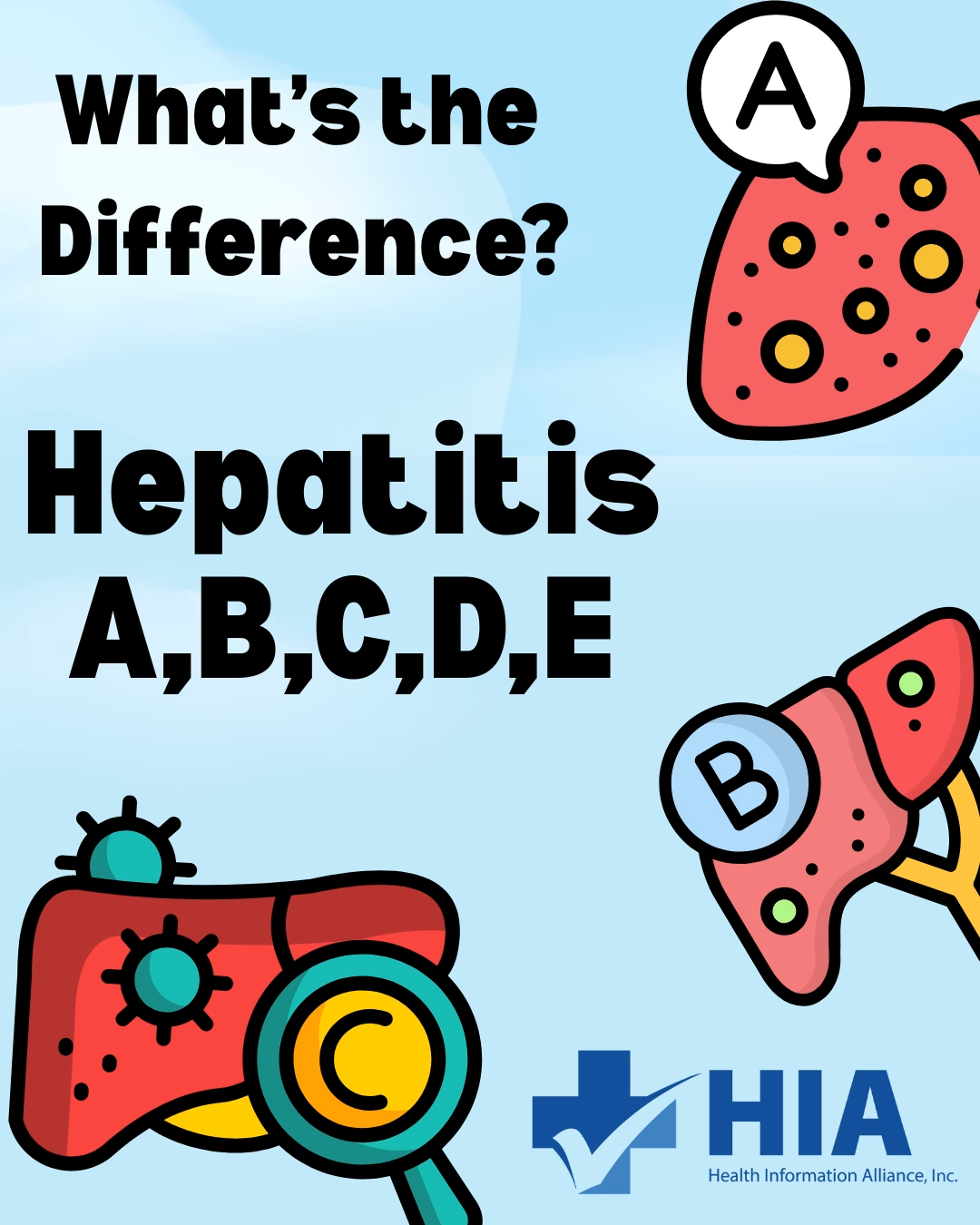What is Mental Illness?
Mental illness encompasses emotional, cognitive and or behavioral changes in affected individuals. Characteristics of mental illness can include distress, anxiety, phobias, personality disorders, problems functioning in social events such as work and family activities.
There should be no shame in mental illness. It is a medical problem like any other. Many people with mental illness continue to function appropriately everyday.
Cause of Behavioral/Mental disorders
Family history, environment, and genetic aspects are some of the causes of mental health issues. In addition, Traumatic brain injuries, drug use, abuse or dependence and pregnant women that have been exposed to viruses or certain chemicals can all add to the cause of mental health problems. Stress due to chronic illnesses can also take part in aggravating one’s mental health status.
Coding for Behavioral Health
Behavioral Health/Substance abuse disorders have been cast in the news of late and more so currently due to the pandemic. More individuals are reportedly seeking help for depression and substance abuse as a result of lockdowns and loss of employment. Coders in Behavioral Health facilities are poised to learn the degree to which accurate coding can be achieved; this is ultimately beneficial for insurance purposes. Proper documentation is key.
Healthcare professionals (including mental health professionals) are obligated to involve any persons that can deescalate the risk of harm to a patient or civilian. This can include a spouse, caregiver or getting law enforcement involved.
The Opioid Epidemic
The opioid crisis relates directly to healthcare. Numerous states have begun to invoke new laws to help examine the crisis. As a result, coding and reporting happens to be a chief spotlight as well.
The epidemic affects the business and clinical side of medicine. In order for patients to get the necessary help, awareness is the primary step. Codes that accurately depict the diagnoses must also be created along with the stigma removed surrounding the diagnoses.
Documentation
When documenting for Mental Health disorders, the practitioner should include the kind of condition, the class of the condition, the origin, all complications and manifestations along with any comorbid conditions.
In a clinic setting, progress notes for Behavioral Health services should include the patient’s full name, the type of service received, date of service, begin and end time, practitioner’s name that provided the service, setting, documentation of current/recent symptoms and or behaviors related to diagnosis along with the treatment plan goals, intervention used by therapist and patient’s response, relevance of service provided to the plan of treatment and patient’s progress toward treatment goals.
Inconclusive findings that are common in charts include:
- therapy services with incomplete documentation of time and goals
- Initial assessments that do not incorporate the treatment plan
- Incomplete E/M services, including poor Medication Management documentation
- Progress notes that do not reflect care plans
- Lacking documentation of skilled interventions
- Limited documentation of clinical progress or resolution
Medical Necessity involves the cost effectiveness of a service, with hopes that a service will result in some improvement of a patient’s medical or mental health. Medical necessity is determined by the payer that reviews the documentation in the medical record. All payers require adequate and legible documentation and all services provided by a clinician must be medically necessary.
All specialties treat mental disorders to some extent. It is ultimately of essence that providers adhere to proper documentation practices in order for coders to assign the correct codes.
With thorough reporting and practitioners doing their due diligence in documenting, enhanced information can be collected and novel codes can be endorsed as necessary. However, if there is insufficient data, improvement is unattainable.
Reference:
https://chad.memberclicks.net/assets/Redesign/CHAD%20Behavioral%20Health%20Webinar%20-%20October%202018.pdf
https://www.psychiatry.org/patients-families/what-is-mental-illness
https://www.icd10monitor.com/coding-mental-and-behavioral-health-issues






